There are 13 essential vitamins all adults should be getting enough of to ensure their health: Vitamin A, C, D, E and K as well as the seven B vitamins: thiamine, riboflavin, niacin, pantothenic acid, biotin, B6, B12, and folate.
While no one vitamin is more important than the others and balance is the key to wellness, there’s a lot to learn – and a lot to love! – about Vitamin K.
What is Vitamin K?
Though potassium is element “K” on the periodic table, vitamin K and potassium are not the same thing. While potassium is just a mineral, vitamin K is a group of fat-soluble vitamins – K1 and K2 – that aid in our bodies’ protein production process.
K1, or phylloquinone, is commonly found in leafy greens and is a more readily abundant source of the vitamin than K2, or menaquinones, that can be found in meats and fermented foods. Menaquinones are also naturally produced by human gut bacteria.
What does Vitamin K do?
Vitamin K’s primary function is protein production, which in turn aids in blood clotting and bone strengthening.
Blood Clotting
Clotting is an important function of our blood that prevents us from bleeding out, getting infections and other problems, and is enabled by 13 special proteins. Vitamin K aids in the synthesis of four of these. While a vitamin K deficiency might cause minor issues in adults, it can be deadly to infants.
Vitamin K deficiency bleeding (VKDB) can occur anywhere in or on infants’ bodies, and can sometimes be difficult to notice. Common internal bleeding sites include the intestines and the brain. The implications of these bleeds can be devastating and even fatal – which is why it’s so important for babies to receive a vitamin K shot at birth. The shot is administered into the baby’s thigh up to 6 hours after birth and acts as a booster to protect them from hemorrhaging.
Bone Strengthening
Another special protein vitamin K helps to synthesize is osteocalcin, which function is to build bone. As we age, our bodies seek to fill their increased calcium and phosphate needs by borrowing from the bones, weakening them and ultimately leading to osteoporosis.
Some studies have shown that an increased intake of vitamin K by elderly people has improved their mobility by preventing bone degeneration.
What is Vitamin K good for?
But wait, there’s more: Vitamin K is good for much more than blood clotting and bone health! It helps quickly heal wounds and bruises, and can help improve the appearance of stretch marks, spider veins, scars and dark spots and circles. It may also play a role in heart disease prevention.
Vitamin K has also been linked with improved cognitive function and memory retention in elderly people.
What foods are rich in Vitamin K?
If it’s dark green and leafy, there’s a good chance it’s packed with vitamin K. Some of the best foods you can eat to boost your vitamin K levels include:
- Kale
- Spinach
- Collard greens
- Turnip greens
- Broccoli
- Cabbage
- Brussels sprouts
Vitamin K in a Snap
These greens are easy to chop up for a quick salad or saute for breakfast alongside some eggs. If you’re too busy to cook or just don’t feel like dealing with the prep and mess, Snap Kitchen has some great options that go from fridge to table in 2 minutes flat.
Try one of these meals in your next box from Snap Kitchen!
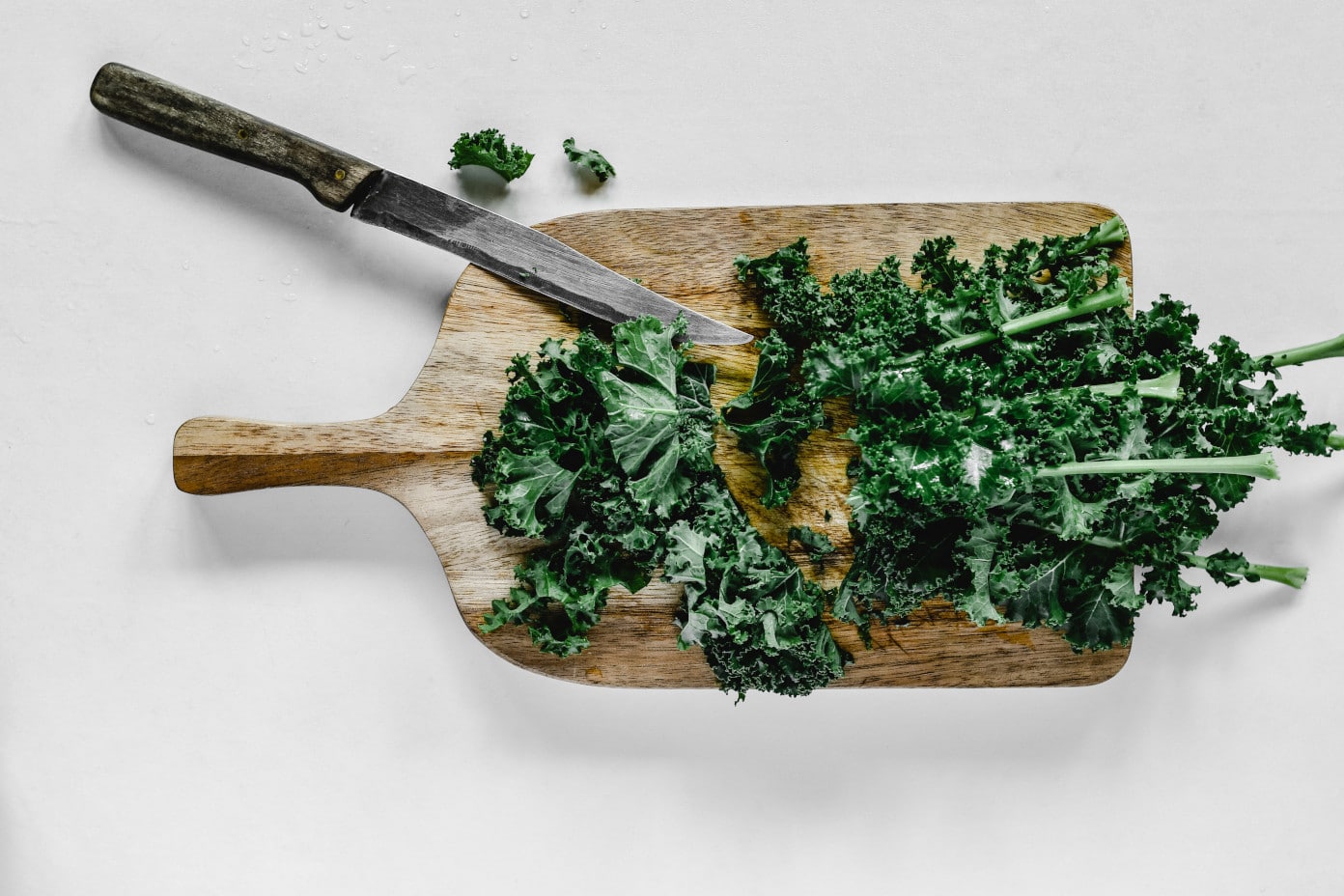
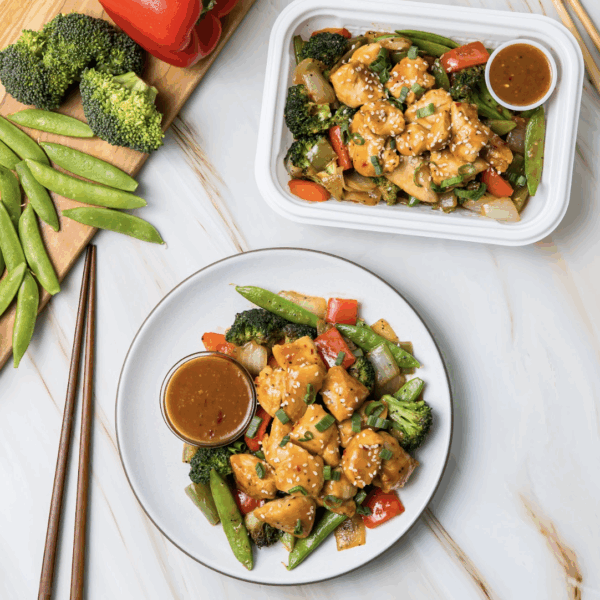
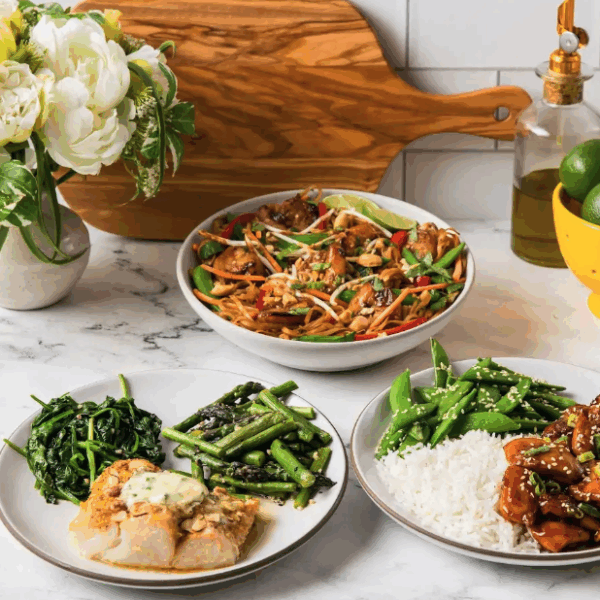
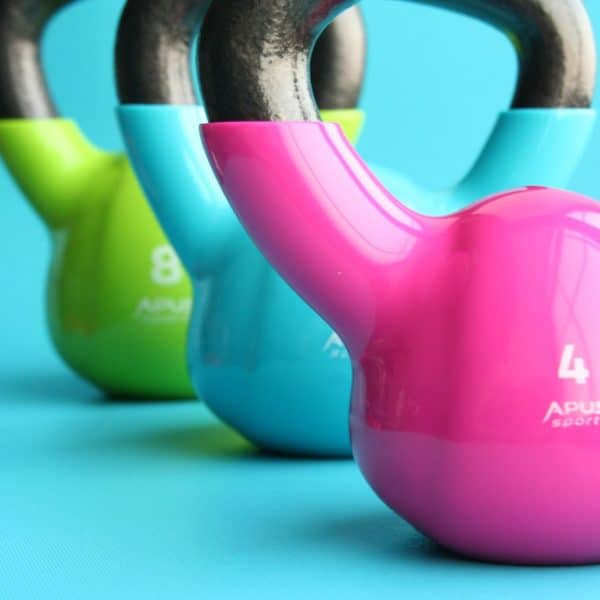
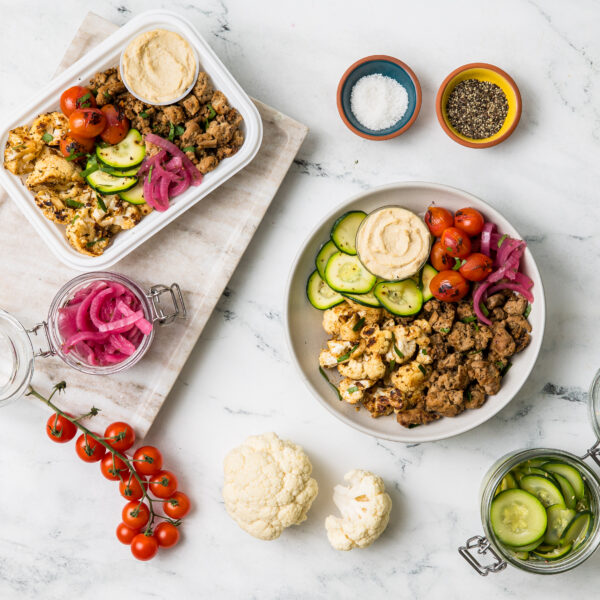
Leave a Reply
No Comments